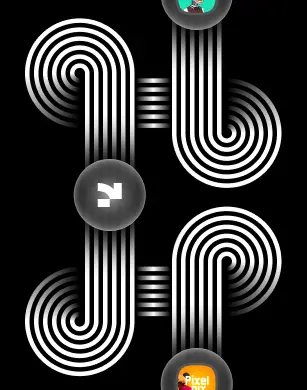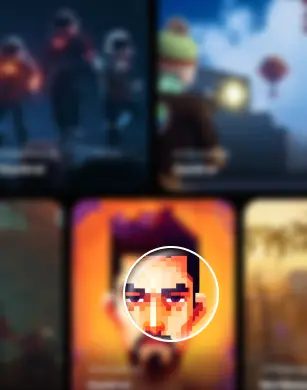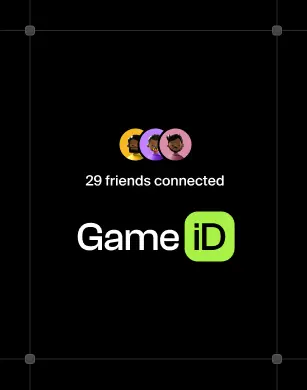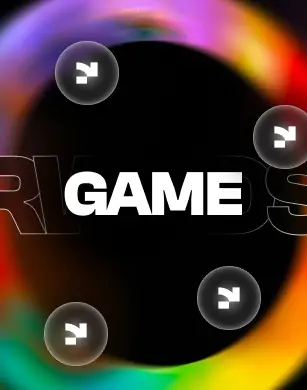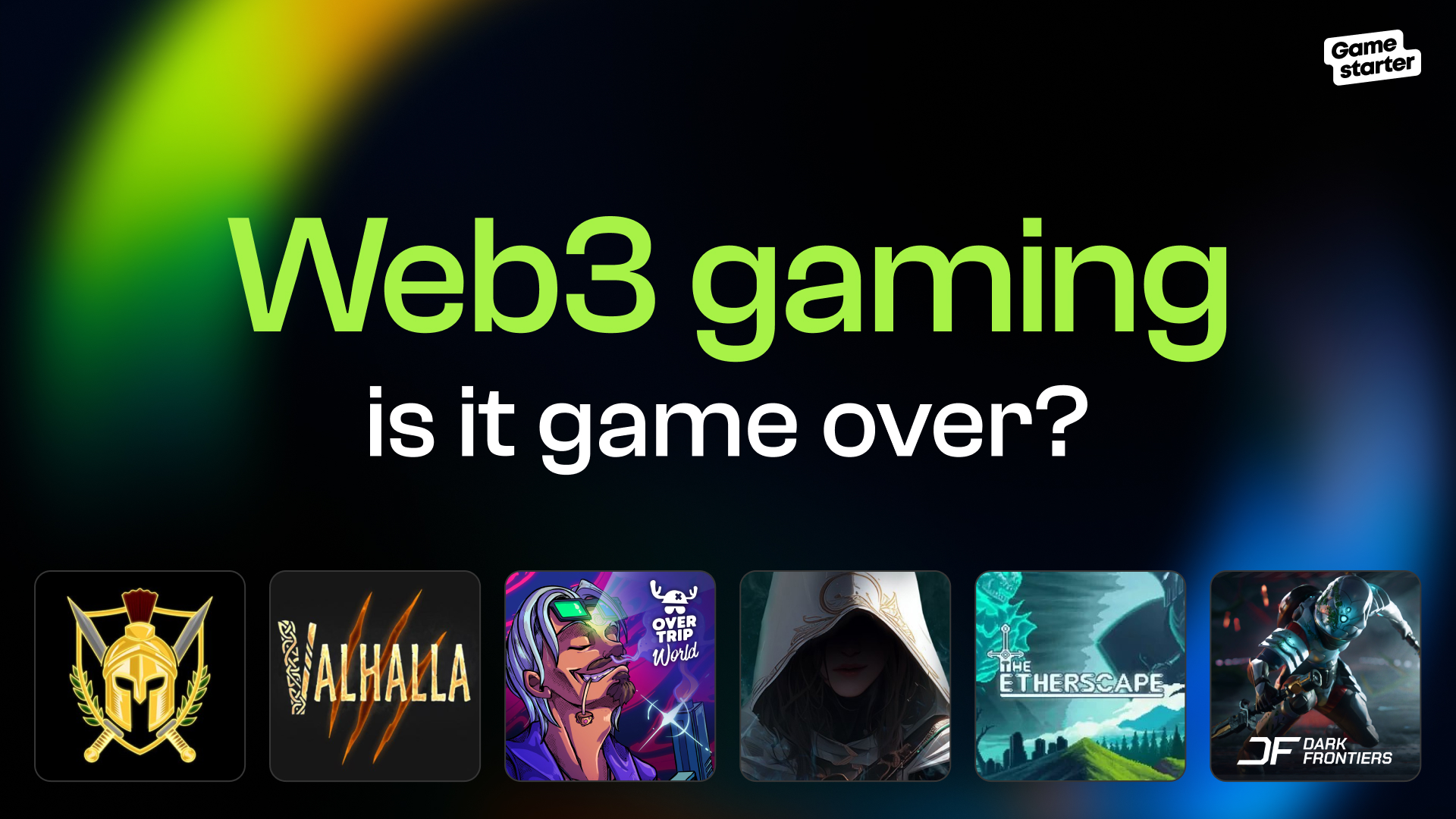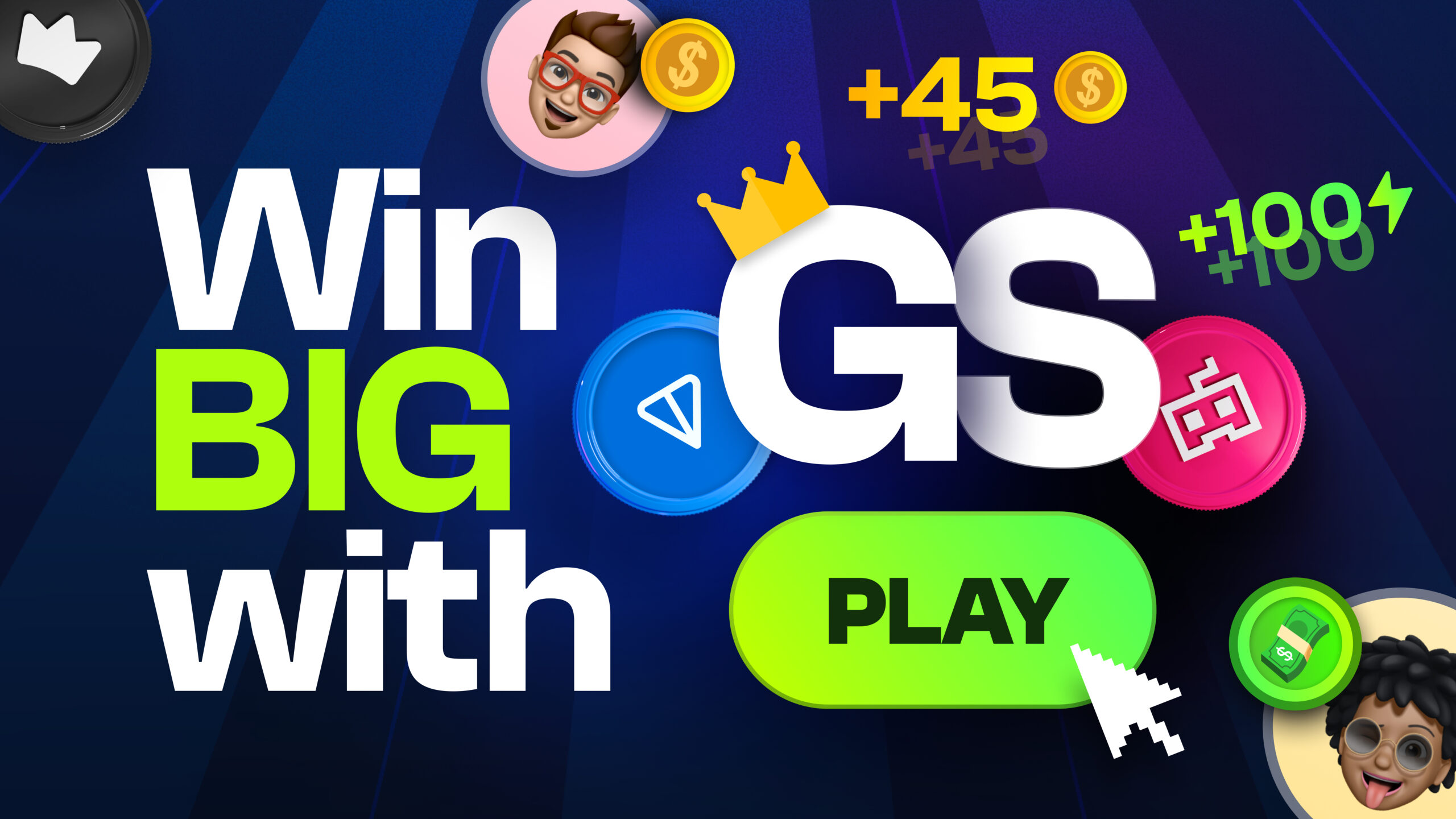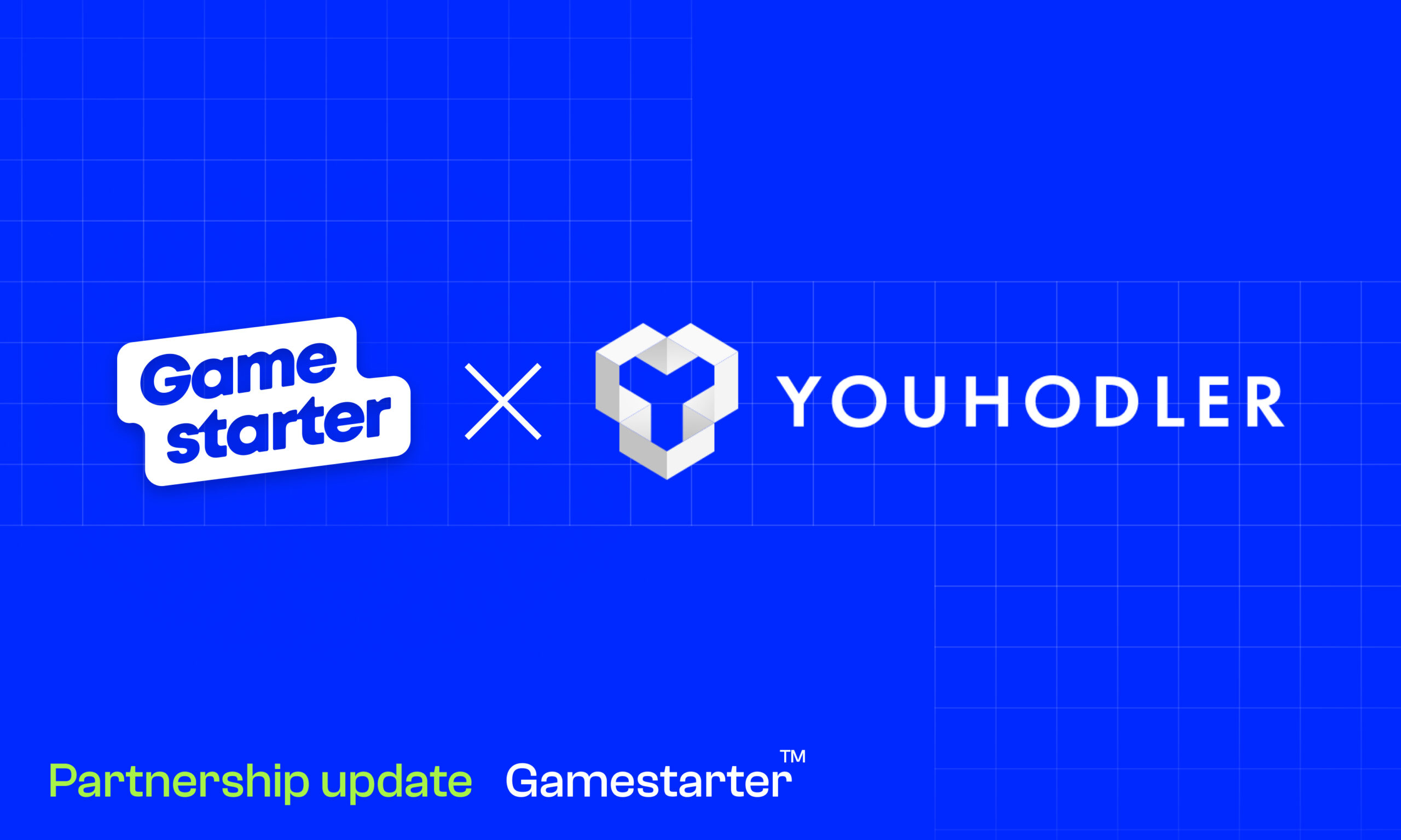Gamestarter Joins Forces with Open Loot: Powering the Next Era of Web3 Gaming


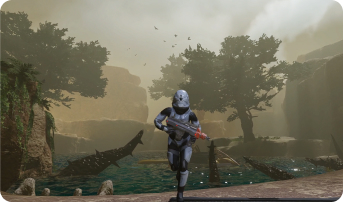
Become part of exclusive group that shapes GS Future
We’re excited to announce a major milestone for Gamestarter, our official partnership with Open Loot, the groundbreaking Web3 platform built by Big Time Studios.
This collaboration marks the beginning of a strategic alliance focused on cross-marketing campaigns, community expansion, and network-wide initiatives designed to elevate the future of blockchain-powered games. From co-branded campaigns and user incentives to integrating advanced backend tools, this partnership is aimed at bringing more visibility, scalability, and opportunity to both ecosystems.
Now, let’s dive into why Open Loot is quickly becoming a pillar in the evolution of Web3 gaming.
A Smarter Infrastructure for Web3 Games
The Web3 gaming space is full of promise, think player-owned assets, interoperable economies, and fairer monetization models. But there’s a major bottleneck: onboarding remains complex, the infrastructure is fragmented, and most traditional gamers still hesitate.
That’s where Open Loot steps in.
Rather than being a game itself, Open Loot is a Web3 backend and publishing solution built to help developers plug blockchain mechanics into their games with ease, without having to build everything from scratch.
By integrating Open Loot, developers can instantly access a suite of ready-to-use tools:
- Gasless minting and trading of NFTs
- A fiat-compatible marketplace
- Hybrid wallet support (custodial and non-custodial)
- Built-in KYC/AML compliance
- Economy dashboards and analytics
With these capabilities under the hood, studios can stay laser-focused on delivering polished, fun-to-play games, while Open Loot takes care of the blockchain layer in the background.
Seamless for Players, Powerful for Developers
What makes Open Loot stand out isn’t just the tech, it’s how invisible that tech becomes for the end user. Players don’t need to touch a wallet, learn about gas fees, or even know they’re interacting with blockchain.
Everything is streamlined to mimic the look and feel of traditional gaming, but with one major difference: players actually own their digital items and can freely trade them.
It’s Web3 without the friction.
An Ecosystem of Next-Gen Games
At the heart of the Open Loot platform is its flagship title, Big Time, an action RPG where players explore alternate timelines, battle enemies, and collect tokenized loot.
Big Time showcases how blockchain elements can be woven naturally into core gameplay. Instead of disrupting the experience, tokenization enhances it, creating real ownership and trade value without sacrificing performance or fun.
But Open Loot’s vision goes beyond a single game. The platform is home to a growing list of upcoming titles, including:
- WorldShards – An open-world MMORPG focused on exploration and crafting
- Moonfrost – A cozy pixel-style life sim available on mobile and PC
- ShatterPoint – A skill-based RPG combining PvE and PvP action
- Boss Fighters – A VR-ready arena brawler with asymmetrical multiplayer
Each of these games is powered by Open Loot’s infrastructure, allowing developers to deliver seamless blockchain features while keeping gameplay front and center.
The Tokens Powering the Ecosystem: $OL and $BIGTIME
Open Loot introduced its native utility token $OL in late 2024 to support marketplace operations, user rewards, and future governance.
What sets it apart?
- No VC or private token sales
- No team unlocks ahead of the public
- Fully transparent allocation
Holders can use $OL to enjoy marketplace discounts, early access to upcoming titles, exclusive drops, and eventually governance rights through staking.
On a separate track, $BIGTIME, the in-game currency of Big Time, recently hit a major milestone. It was listed on Binance in April 2025, securing a spot via community vote. This listing provides increased liquidity for players and collectors, and validates the game’s token model without relying on paid listings or artificial hype.
$150 Million to Supercharge Web3 Game Development
To further boost its ecosystem, Open Loot has committed $150 million through the Open Loot Fund, a bold move to back promising studios building the future of Web3 gaming.
Selected developers benefit from:
- Direct funding
- Full access to Open Loot’s infrastructure
- Launch and publishing support
- Marketing and growth strategies
The fund isn’t about chasing trends or pumping out low-effort launches. It’s designed for long-term success, helping serious teams create high-quality titles that can compete on a global scale.
Reimagining What Web3 Gaming Should Be
Open Loot represents a shift in how blockchain gaming is being built and perceived.
Forget “play-to-earn” gimmicks and unsustainable economies. Open Loot embraces a “play-and-own” model, prioritizing real gameplay and community over speculation.
It speaks the language of traditional gamers, with performance, usability, and fun at the forefront, while also offering the deeper value of asset ownership, interoperability, and decentralization to those who seek it.
By removing complexity and building tools that support scalability and compliance, Open Loot is setting the standard for the next generation of Web3 games. We at Gamestarter are proud to be building alongside them.
Final Thoughts
Open Loot is proving that Web3 can empower game developers and elevate the player experience without forcing users to learn crypto basics or navigate clunky systems.
With robust infrastructure, a user-first philosophy, a growing catalog of games, and major initiatives like the Open Loot Fund and $OL token, the platform is quietly becoming the backbone of blockchain gaming.
Together, Gamestarter and Open Loot will deliver new campaigns, amplify the reach of indie studios, and drive the growth of sustainable, player-centric ecosystems.
We’re just getting started.
FAQs
What is Open Loot?
A Web3 publishing and infrastructure platform built by Big Time Studios, offering developers blockchain tools like NFT minting, wallet systems, and a marketplace, all in one place.
Which games are using Open Loot?
Big Time is the flagship title. Other games include WorldShards, Moonfrost, ShatterPoint, and Boss Fighters.
What tokens does Open Loot use?
$OL (platform utility and governance) and $BIGTIME (native currency in the game Big Time).
How does Open Loot make blockchain easy for players?
It offers gasless transactions, fiat support, and seamless onboarding, making blockchain features invisible to the player.
What is the Open Loot Fund?
A $150M fund created to support game development on Open Loot, offering funding, infrastructure access, and marketing help.
How is Open Loot different from other Web3 gaming platforms?
It avoids short-term hype and play-to-earn traps, instead focusing on high-quality gameplay, sustainability, compliance, and actual player ownership.
📚 Learn more about Open Loot:
ABOUT | WIKI | WEBSITE

are registered trademarks. All rights reserved.



